COVID-19 Legislative and Budget Implications
KP is pleased to provide this brief information about actions and potential actions of the Governor’s Office, California Legislature, and regulatory agencies in response to the COVID-19 virus and the potential state response to the economic impacts. Please note that during this moment of dynamic change– at all levels of government– that the situation and the state’s response remains fluid, and the below information is subject to change. We will continue to provide these updates on a regular basis.
Reopening the West: In an April 13th press conference, Gov. Newsom announced the Western States Pact—an agreement between California, Washington, and Oregon on their shared vision of reopening their state economies. Gov. Newsom will announce a California-specific plan during his regular noon presser on Tuesday, April 14th.
Legislative hearings and floor session: The State Senate has been pursuing the ability for committees to convene virtually to consider and pass legislation while sheltered-in-place; however, the Assembly has not agreed to conduct remote voting. Mock hearings have been held to test the feasibility of remote legislative work and sources indicate that stakeholders were not encouraged by the result of the hearings.
Budget: The 2020-2021 budget process will be highly unpredictable and may involve budget trailer bills that contain far reaching policy decisions.
Senate: On April 9th, Senate Pro Tem Toni Atkins announced the formation of the Senate Special Budget Subcommittee on COVID-19 Response. The subcommittee’s first hearing is scheduled for Thursday, April 16 at 2 PM, where some members may be participating remotely. From a recent Politico article, Sen. Mitchell sent a letter to the Governor’s finance director stating that, “Under normal circumstances, the Legislature would have had more time to deliberate an expenditure of this magnitude and would have been allowed to thoroughly vet the details of the contract before proceeding.” Additionally, Mitchell sought assurances that equipment purchased by Californian tax dollars remain in California.
Assembly: Assembly Budget Subcommittee 6 will meet on Monday, April 20, at 10:00am, though in-person attendance will be limited, a live stream will be available here. According to the Speaker’s Office, “The method of participation in public testimony during this hearing will be announced closer to the hearing date but will include an online option to support physical distancing and public health.” Assembly Budget Committee Chair, Asm. Phil Ting and Senate Budget Committee Chair, Sen. Holly Mitchell, signaled that they will begin asserting budget oversight powers in response to the Governor’s proposed budget. Asm. Ting stated that he still is awaiting word from the government as to “how many masks we’re buying, who we’re buying them from, at what price.”
Special Session could be called to avoid bill deadlines: In compliance with the Constitution of California, the legislative session must adjourn on September 1, 2020. The Legislature can waive rules to act on bills before the end of session. However, the Governor can also extend the legislative year by creating a special session — this special session may take place before or after September 1st.
Laws sunsetting at the end of 2020: One option under discussion to address laws, programs and government boards and commissions that sunset in 2020 is to offer a one-year blanket extension. The extension would keep the status quo during the crisis and allow the legislature more time to consider each sunset separately in 2021.
Major policy legislation: As the legislature faces a daunting workload when the Legislature reconvenes, legislative leaders in both houses are encouraging members to drop non-urgent legislation. Last week the Senate Pro Tem Atkins announced that she was limiting her bill package to only two bills and is encouraging members to show similar restraint. Leaders will have to devise mechanisms to efficiently address pending legislation with a truncated legislative calendar. Many options are on the table: working through the scheduled summer recess, making greater use of conference committees to tackle urgent subjects (e.g. wildfire recovery and preparedness), or encouraging committee chairs to consolidate bills withing their jurisdiction to a handful of omnibus proposals. It is also possible that the Governor could call one or more Special Sessions, which are not subject to the normal rules and deadlines and could be used to tackle several budget and COVID-19 related issues.


